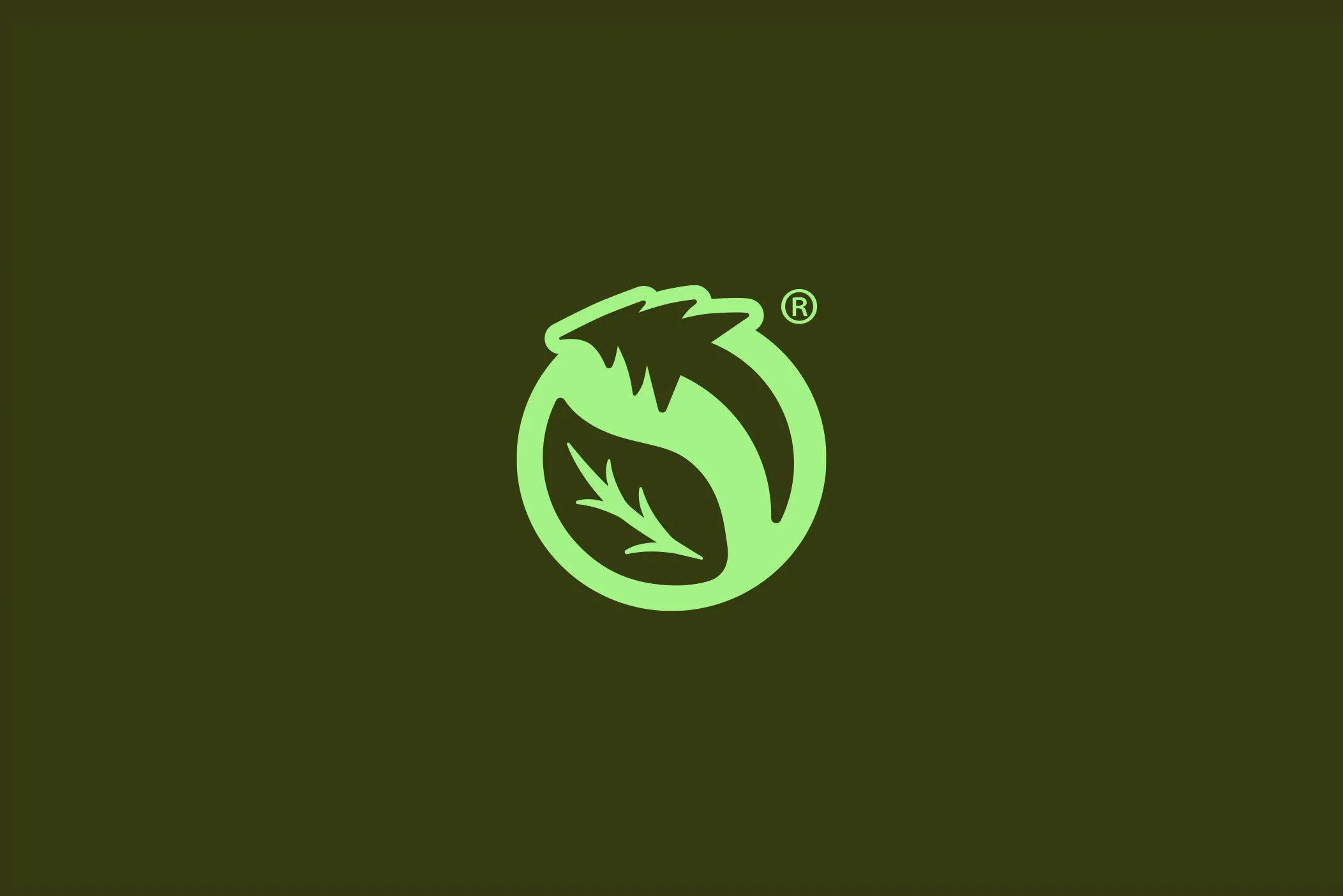From landfill lament to compost gold: How the Caribbean is turning trash into treasure, one takeout container at a time
We all love the Caribbean. The dazzling turquoise waters, the rhythm of the steel pan, the scent of jerk spice wafting on the breeze. It's paradise, pure and simple. But let's be honest, even paradise has its challenges. And right now, one of the biggest, most unsightly challenges lurking beneath the surface of those postcard-perfect views is something far less glamorous: waste.
The unspoken truth: our Island landfills are bursting at the seams
Imagine a small, exquisite jewel box. Now imagine trying to cram every piece of junk mail, every old sock, every banana peel from your entire life into it. That's essentially the predicament our beloved Caribbean islands face with their landfills.
Unlike sprawling continents, islands have finite space. Every single piece of trash we generate, every single plastic fork, every food-soiled container, has nowhere else to go. It piles up. It leaches into the soil. It blows into the sea. And tragically, a significant portion of that waste is food waste and food-soiled packaging.
Think about it:
That delicious roti wrapper after a busy lunch rush.
The Styrofoam container from last night's escovitch fish.
The plastic cutlery from your quick stop for pupusas.
Even if these items eventually make it to a landfill, the organic matter (food scraps) within them decomposes anaerobically (without oxygen), releasing methane – a greenhouse gas far more potent than carbon dioxide. And the plastics? They're simply there for centuries, an eternal monument to a single meal.
It's not just an environmental issue; it's an economic and public health crisis. Tourism, the lifeblood of many Caribbean nations, is directly threatened by polluted beaches and overflowing dumps. Local communities bear the brunt of the foul odors, pests, and contaminated water sources.
This isn't just about "being green" anymore. It's about survival. It's about preserving the very essence of what makes our region magical.
The gold in our "trash": unlocking the power of compost
Here's where the story takes a hopeful turn. What if we told you that a significant portion of what's currently choking our landfills could actually become a rich, life-giving resource?
Enter compostable packaging – specifically, those wonderful, BPI-certified containers made from plants like sugarcane bagasse.
When you switch to certified compostable takeout containers, you're not just choosing an "eco-friendly" option; you're actively participating in a revolutionary waste management solution.
Here’s how it works:
Diverting from Disaster: Instead of heading to a landfill where they'll sit for millennia or release harmful gases, your food-soiled compostable containers (along with actual food scraps!) are diverted.
Nature's Alchemy: In a proper composting facility (whether commercial or even robust community-level operations), these materials are broken down by microbes, heat, and moisture. They don't just "disappear"; they transform.
Black Gold: What emerges is compost – a nutrient-rich, dark, earthy material often called "black gold." This isn't just dirt; it's a powerful soil amendment that:
Enriches agricultural land: Boosting crop yields for local farmers.
Supports local nurseries: Helping grow the vibrant flora we cherish.
Reduces reliance on chemical fertilizers: A win for both the environment and our health.
Enhances water retention: Crucial for managing water resources, especially in drought-prone areas.
Imagine this: The sugarcane fiber that once held your arroz con pollo could, in a matter of months, nourish the soil that grows the very sugarcane or vegetables for your next dish. This is the ultimate closed-loop system, a beautiful cycle that transforms waste into a valuable resource, right here in the Caribbean.
The future is composable, and it starts with you
For foodservice businesses in the Caribbean, Central America, and Latin America, embracing BPI-certified compostable packaging isn't just a trend; it's a strategic imperative.
Be a Leader: Position your brand at the forefront of the sustainability movement, attracting a growing segment of environmentally conscious consumers and tourists.
Comply with Confidence: Stay ahead of evolving plastic bans and regulations, ensuring your business is future proof.
Invest in Your Home: Every compostable container you choose is an investment in the health of your island, your community, and the pristine natural beauty that defines our region.
The landfill crisis isn't going away on its own. But by making conscious choices about our packaging, we can collectively transform what was once a lament into a triumphant tale of compost gold.
Are you ready to be part of the solution? Let’s turn trash into treasure together.
Contact Container Mill – your leading wholesale distributor for eco-friendly food service packaging. We specialize in BPI-certified, biodegradable, compostable, and recyclable to-go packaging products. Proudly exporting to the Caribbean Islands, Central America, and Latin America.

